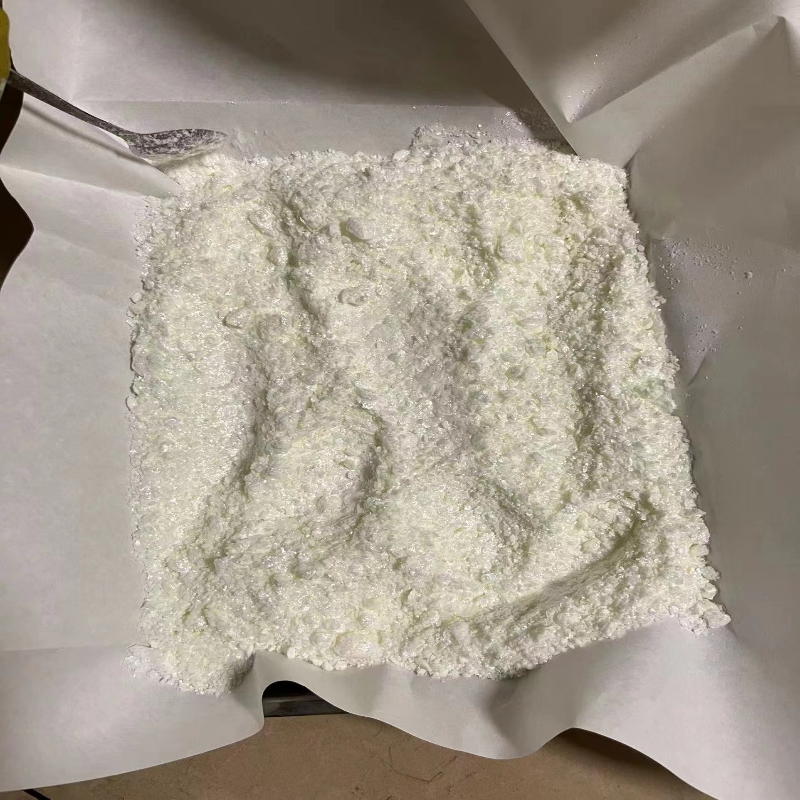-
Categories
-
Pharmaceutical Intermediates
-
Active Pharmaceutical Ingredients
-
Food Additives
- Industrial Coatings
- Agrochemicals
- Dyes and Pigments
- Surfactant
- Flavors and Fragrances
- Chemical Reagents
- Catalyst and Auxiliary
- Natural Products
- Inorganic Chemistry
-
Organic Chemistry
-
Biochemical Engineering
- Analytical Chemistry
-
Cosmetic Ingredient
- Water Treatment Chemical
-
Pharmaceutical Intermediates
Promotion
ECHEMI Mall
Wholesale
Weekly Price
Exhibition
News
-
Trade Service
Recently, Suntory Group announced that it has successfully manufactured a PET bottle made of 100% plant material using two raw materials: 70% terephthalic acid (PTA) and 30% monoethylene glycol (MEG)
.
The plant-based bottle prototype was developed after nearly a decade of collaboration between Suntory and American sustainable technology company Anellotech, combining Anellotech's new technology, plant paraxylene extracted from wood chips (which has been converted into plant-based PTA) and plant-based MEG derived from molasses (which Suntory has been using in Japan's Suntory Tennensui brand since 2013)
.
PTA is produced from non-food biomass, while MEG is derived from non-food-grade raw materials
.
Suntory invested £1.
6 million in the project
.
Suntory plans to commercialize the plastic bottle as soon as possible to meet its 2030 goal of eliminating the use of PET plastic bottles made from petroleum extracts globally, achieving 100% recycling, or using plant-based PET bottles
.
It is reported that from January 2021, all 500ml bottles produced annually by Suntory in the UK and Ireland will feature the new design
.
Over the next 18 months, the new PET bottles will also be used in two other beverages produced by Suntory - Lucozade Sport and Lucozade Energy
.
According to reports, this will save 1,100 tons of plastic annually
.
Carol Robert, chief operating officer of Suntory Food & Beverage GB&I, said: "Ensuring our bottles can be easily recycled and turned into new bottles is an important part of our journey to full circle and net zero emissions
.
Simplifying beverage packaging helps consumers recycling is just one of many investments we are making to make soft drinks more sustainable
.
”
The fully recyclable plant-based bottle prototype is estimated to have "significantly lower" carbon emissions than PET plastic bottles made from oil extracts, helping the company achieve net-zero emissions across its value chain by 2050
.







